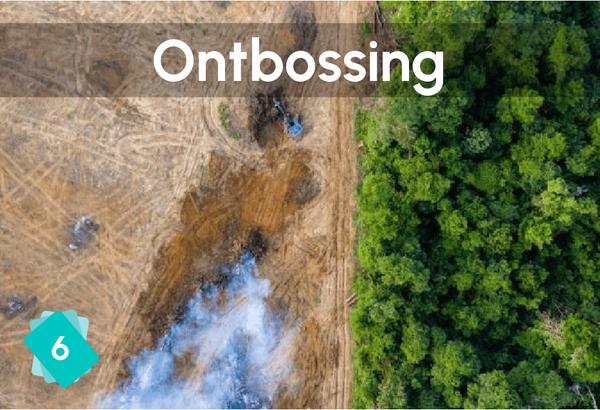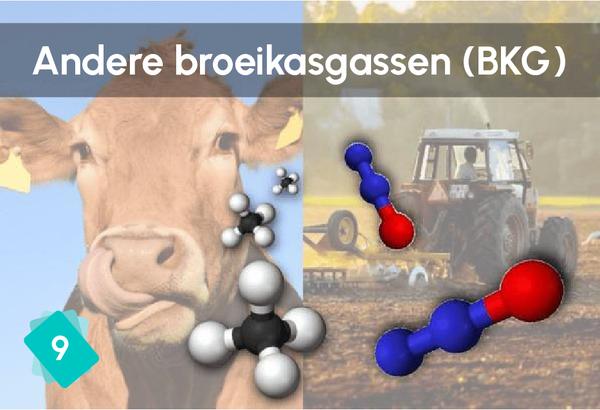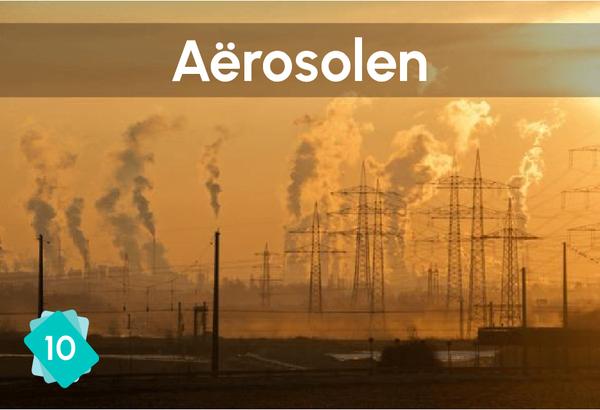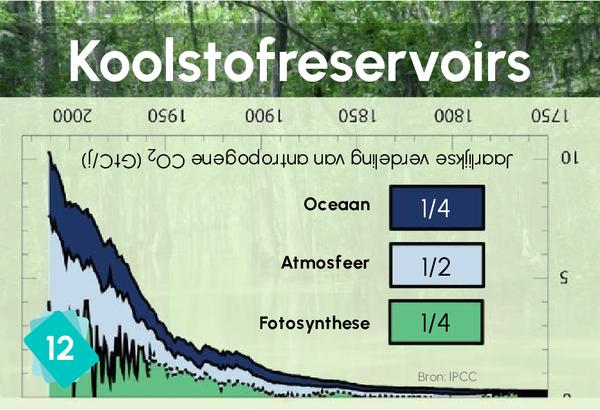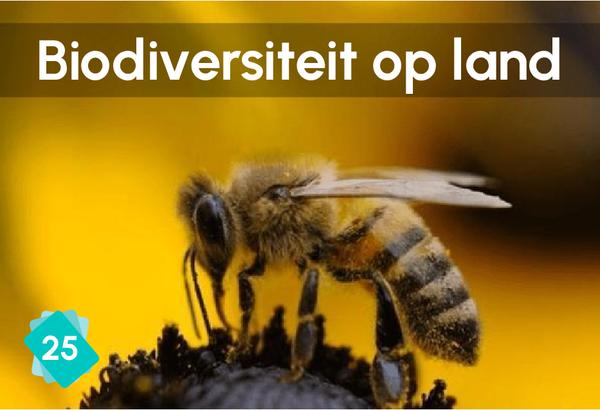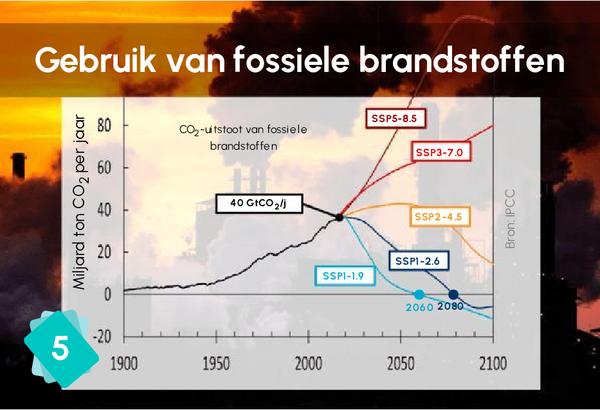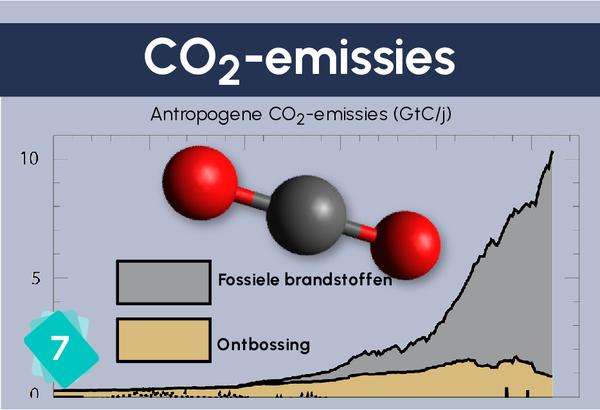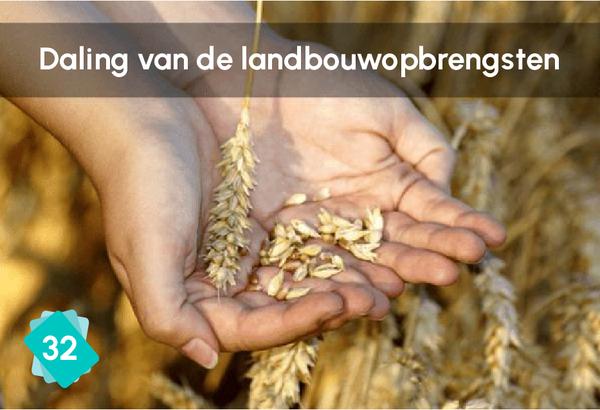8 - Landbouw
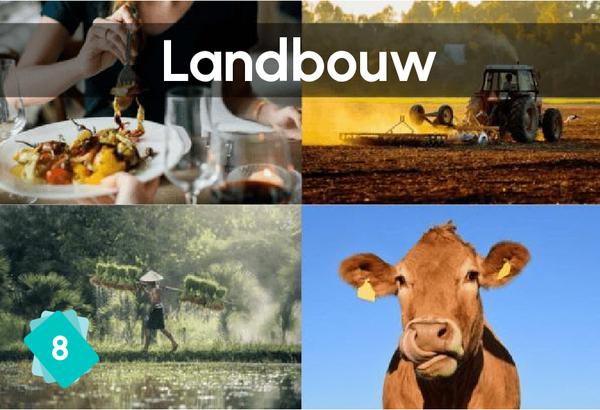
✏️ This explanation does not yet exist in your language. Please fill this Google Form if you want to help us!
De landbouw gebruikt relatief weinig fossiele brandstoffen, maar is wel verantwoordelijk voor de emissie van andere broeikasgassen. Ontbossing wordt voor 80% door landbouw veroorzaakt, omdat grote gebieden nodig zijn voor het telen van gewassen, met name voor veevoer. Landbouw is ontstaan toen het klimaat zich stabiliseerde. Dit was aan het begin van het Neolithicum (10.000 jaar geleden) na de laatste IJstijd, die zelf 10.000 jaar duurde. Sinds deze landbouwrevolutie is de menselijke invloed op haar omgeving gestaag gegroeid. Plantensoorten zijn gedomesticeerd (gedomesticeerde rijst kan bijvoorbeeld niet meer reproduceren zonder menselijke interventie), bossen zijn verdwenen voor gebiedsontwikkeling, dierensoorten zijn van hun habitat verjaagd, en we zijn begonnen met het gebruiken van pesticides die gevaarlijk zijn voor de natuur en voor onze gezondheid.
1Cause
2Consequences
Deforestation is due for 80% to agriculture. It can be considered as a human activity or as a consequence of agriculture of both.
5Other possible consequences
Spraying crops does result in aerosols and air pollution, but not to the same extent as incomplete combustion from power plants.
It doesn't matter if this link is not made, but it is true that agriculture can improve storage capacity through photosynthesis. This is the 0.4% principle (if we increased the soil's capacity to sequester carbon by even 0,4%, we would have a significant impact on CO2).
Here, we are thinking mainly of pesticides (especially Roundup or neonicotinoids). No link with the climate, but an interesting relation to make.
Agriculture does not use much fossil fuel, just enough to keep tractors running. Its carbon emissions are high, bu mainly because of methane and nitrous oxide.





